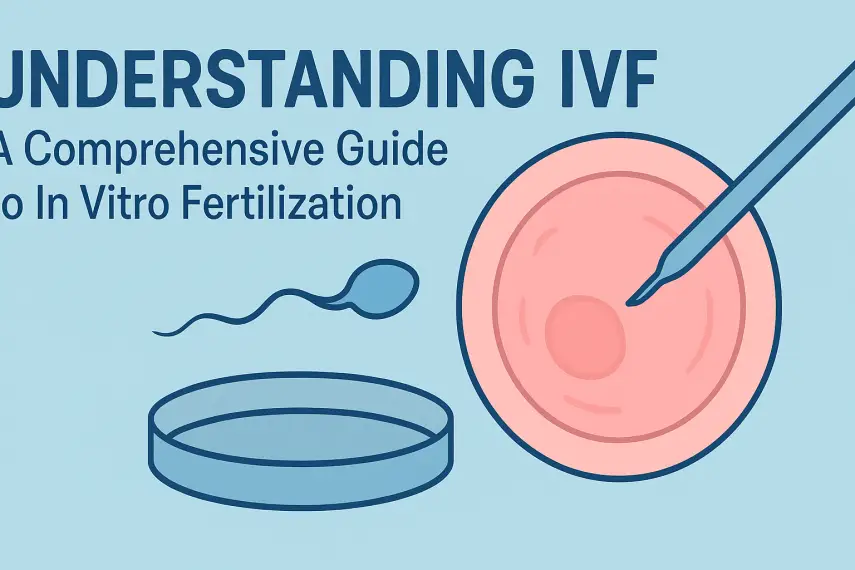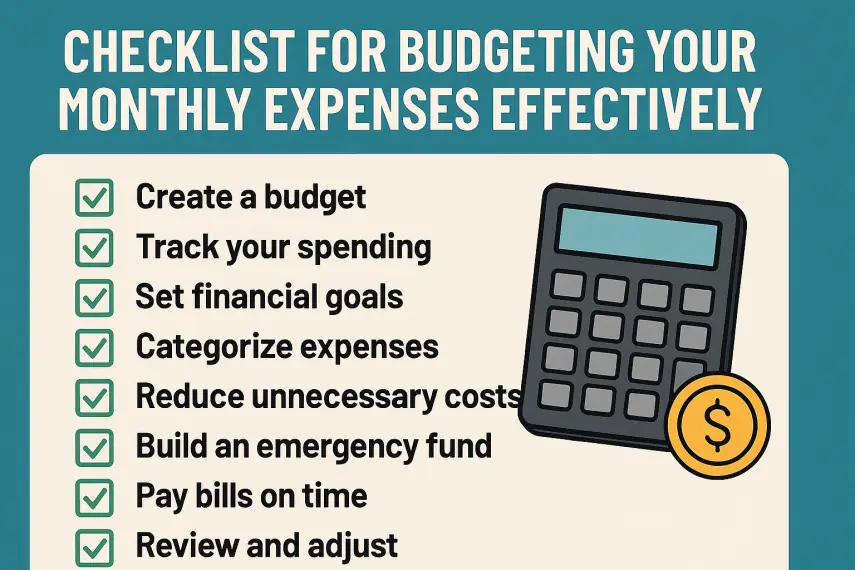
Comprehensive Guide to a Healthy Pregnancy: What Every Expectant Parent Should Know
📑 Contents
Comprehensive Guide to a Healthy Pregnancy: What Every Expectant Parent Should Know
Pregnancy is a transformative journey filled with excitement, questions, and sometimes concerns. Whether you are planning for your first child or adding to your family, understanding the stages, care, and changes your body experiences is crucial for a healthy pregnancy. This comprehensive guide covers prenatal care, nutrition, symptoms, possible complications, and tips for preparing for labor and delivery.
Understanding Pregnancy: The Three Trimesters

Pregnancy typically lasts about 40 weeks, divided into three trimesters. Each stage brings unique developments for both mother and baby. Here’s a quick overview:
| Trimester | Weeks | Key Developments |
|---|---|---|
| First | 1–12 | Organ formation, heartbeat detected, morning sickness common |
| Second | 13–26 | Rapid growth, movement felt, gender reveal possible |
| Third | 27–40 | Final development, weight gain, preparation for birth |
Prenatal Care: The Foundation of a Healthy Pregnancy

Regular prenatal checkups are vital for monitoring the health of both mother and baby. Early and consistent care can help prevent complications and ensure timely interventions if needed.
Key Prenatal Visits and Screenings
- Initial visit: Medical history, physical exam, blood tests, and confirmation of pregnancy.
- Ongoing visits: Weight, blood pressure, fetal heartbeat, urine tests, and ultrasounds.
- Screenings: Tests for gestational diabetes, anemia, infections, and genetic conditions.
Most women see their healthcare provider every 4 weeks until 28 weeks, every 2 weeks until 36 weeks, then weekly until delivery. High-risk pregnancies may require more frequent visits.
Nutrition and Lifestyle: Supporting Your Baby’s Growth

A balanced diet and healthy lifestyle are critical during pregnancy. The right nutrients support fetal development and can help reduce the risk of complications.
Essential Nutrients
- Folic acid: Reduces the risk of neural tube defects.
- Iron: Supports increased blood volume and prevents anemia.
- Calcium: Builds strong bones and teeth for the baby.
- Protein: Supports tissue growth for both mother and baby.
- Omega-3 fatty acids: Essential for brain and eye development.
Foods and Habits to Avoid
- Raw or undercooked meats, eggs, and fish
- Unpasteurized dairy products
- High-mercury fish (e.g., shark, swordfish)
- Alcohol, tobacco, and recreational drugs
- Limit caffeine (generally under 200 mg/day)
Common Symptoms and How to Manage Them
Pregnancy brings a range of symptoms, some mild and some more challenging. Here are the most common and tips for relief:
- Nausea and vomiting: Eat small, frequent meals; ginger or vitamin B6 may help.
- Fatigue: Rest when possible; maintain a regular sleep schedule.
- Back pain: Practice good posture; use supportive pillows.
- Heartburn: Avoid spicy or fatty foods; eat smaller meals.
- Swelling: Elevate feet; stay hydrated; wear comfortable shoes.
While most symptoms are normal, always consult your healthcare provider if you experience severe pain, persistent vomiting, vision changes, or sudden swelling.
Potential Complications and Warning Signs
While most pregnancies progress smoothly, complications can arise. Early detection and management are key to protecting the health of both mother and baby.
Common Pregnancy Complications
- Gestational diabetes: High blood sugar levels during pregnancy. Managed with diet, exercise, and sometimes medication.
- Preeclampsia: Characterized by high blood pressure and signs of organ damage, often after 20 weeks. Requires medical attention.
- Preterm labor: Labor that begins before 37 weeks. May require medication or hospitalization.
- Placenta previa: Placenta covers the cervix, potentially causing bleeding and requiring special care.
- Miscarriage: Loss of pregnancy before 20 weeks. Symptoms include bleeding and cramping.
When to Call Your Doctor
- Heavy vaginal bleeding
- Severe abdominal pain
- Persistent headaches or vision changes
- Decreased baby movement after 28 weeks
- High fever
Preparing for Labor and Delivery
As your due date approaches, preparation can ease anxieties and improve your birth experience. Here are key steps:
- Birth plan: Discuss preferences for pain relief, labor positions, and support people with your provider.
- Packing a hospital bag: Include essentials for you, your partner, and your baby.
- Childbirth classes: Learn about labor stages, breathing techniques, and postpartum care.
- Know the signs of labor: Regular contractions, water breaking, and lower back pain.
- Arrange for help: Plan for support at home after delivery.
Postpartum Care: Recovery and Adjusting to Parenthood
The weeks after delivery are a time of healing and adjustment. Focus on rest, nutrition, and emotional well-being.
- Attend postpartum checkups to monitor recovery.
- Watch for signs of postpartum depression or anxiety.
- Seek support for breastfeeding and infant care.
- Communicate with your partner and accept help from friends or family.
Frequently Asked Questions (FAQs)
1. How soon should I schedule my first prenatal visit?
Ideally, schedule your first prenatal visit as soon as you suspect or confirm pregnancy. Early care sets the foundation for a healthy pregnancy.
2. Can I exercise during pregnancy?
Yes, most women can continue moderate exercise, such as walking or swimming, unless advised otherwise by their provider. Always consult your doctor before starting new routines.
3. What vaccinations are recommended during pregnancy?
The flu shot and Tdap (tetanus, diphtheria, and pertussis) are commonly recommended. COVID-19 vaccination is also encouraged for pregnant individuals. Discuss all vaccines with your provider.
4. How much weight should I gain during pregnancy?
Weight gain recommendations vary based on pre-pregnancy BMI. On average, women gain 25–35 pounds, but your provider can give personalized guidance.
5. When should I be concerned about fetal movement?
After 28 weeks, you should feel regular fetal movements. If you notice a significant decrease or no movement, contact your healthcare provider promptly.
Summary
A healthy pregnancy begins with informed choices and regular care. Understanding the stages, prioritizing nutrition and lifestyle, recognizing symptoms, and preparing for labor can ensure the well-being of both mother and baby. Always maintain open communication with your healthcare provider and seek support when needed. Your journey to parenthood is unique—embrace it with confidence and care.











